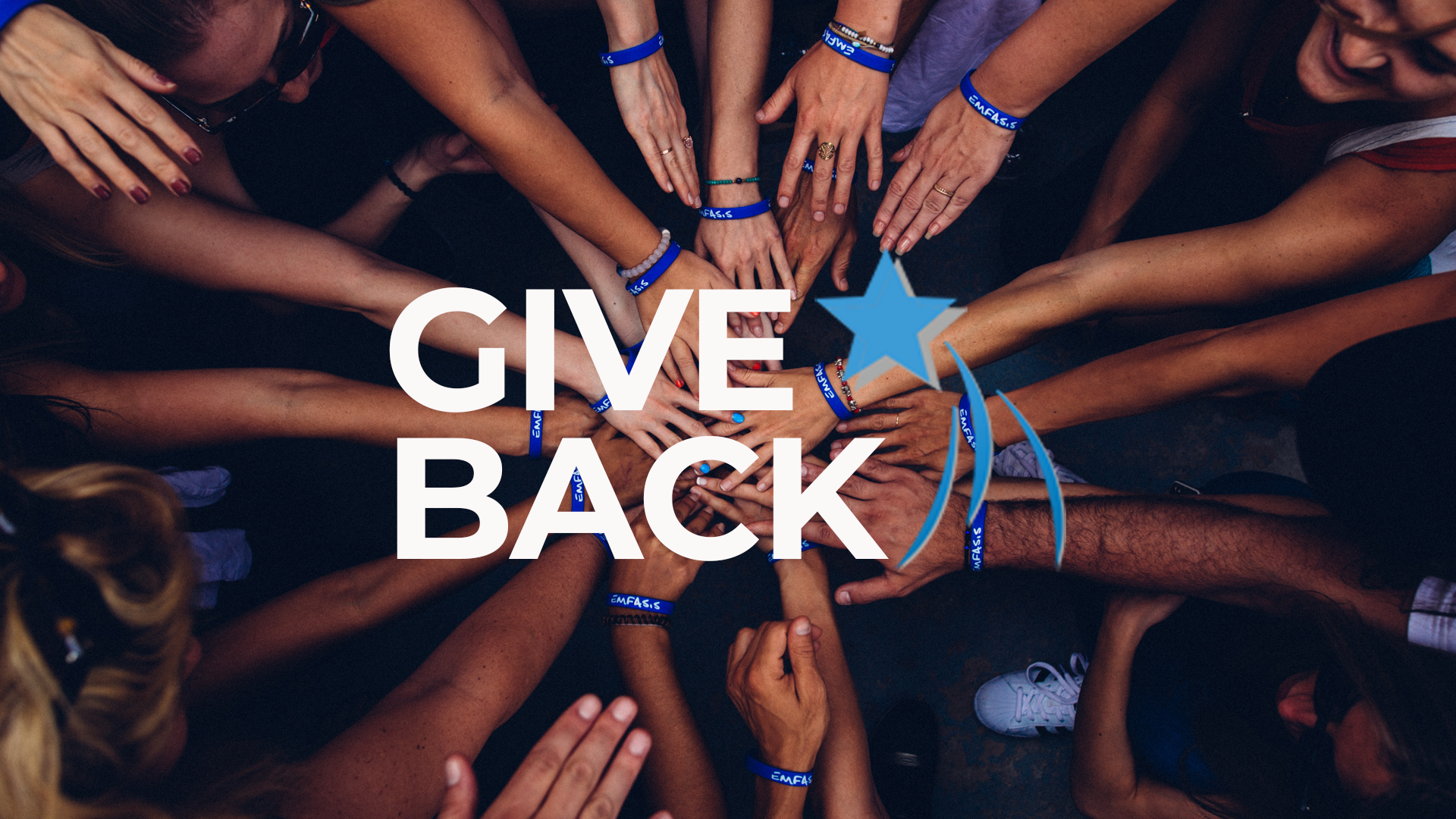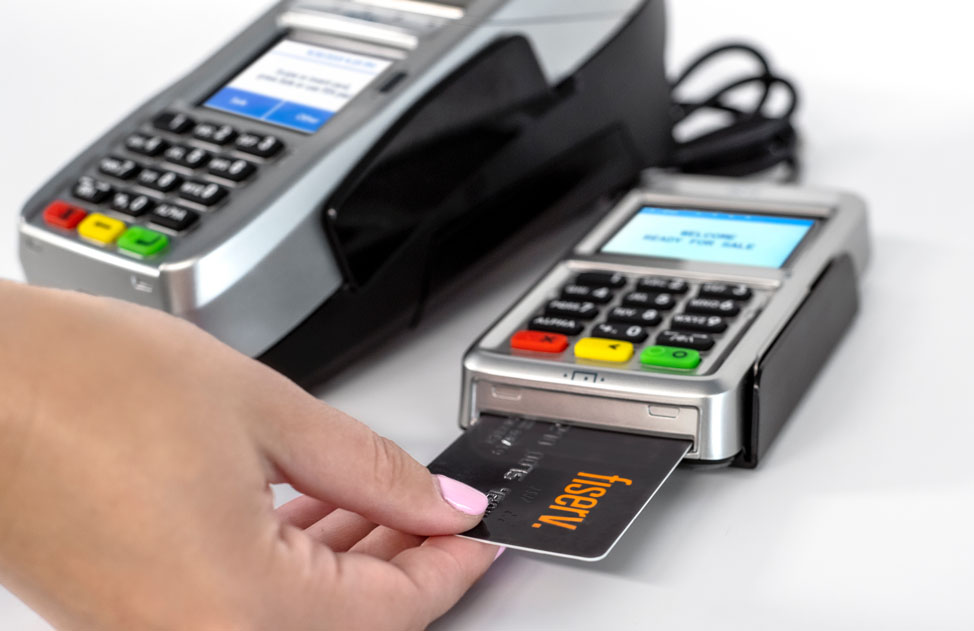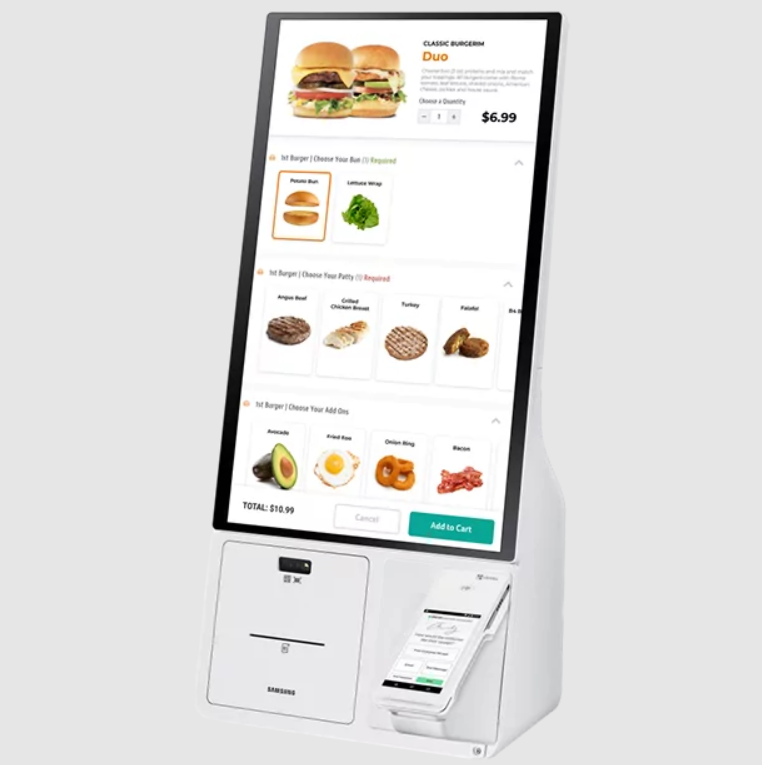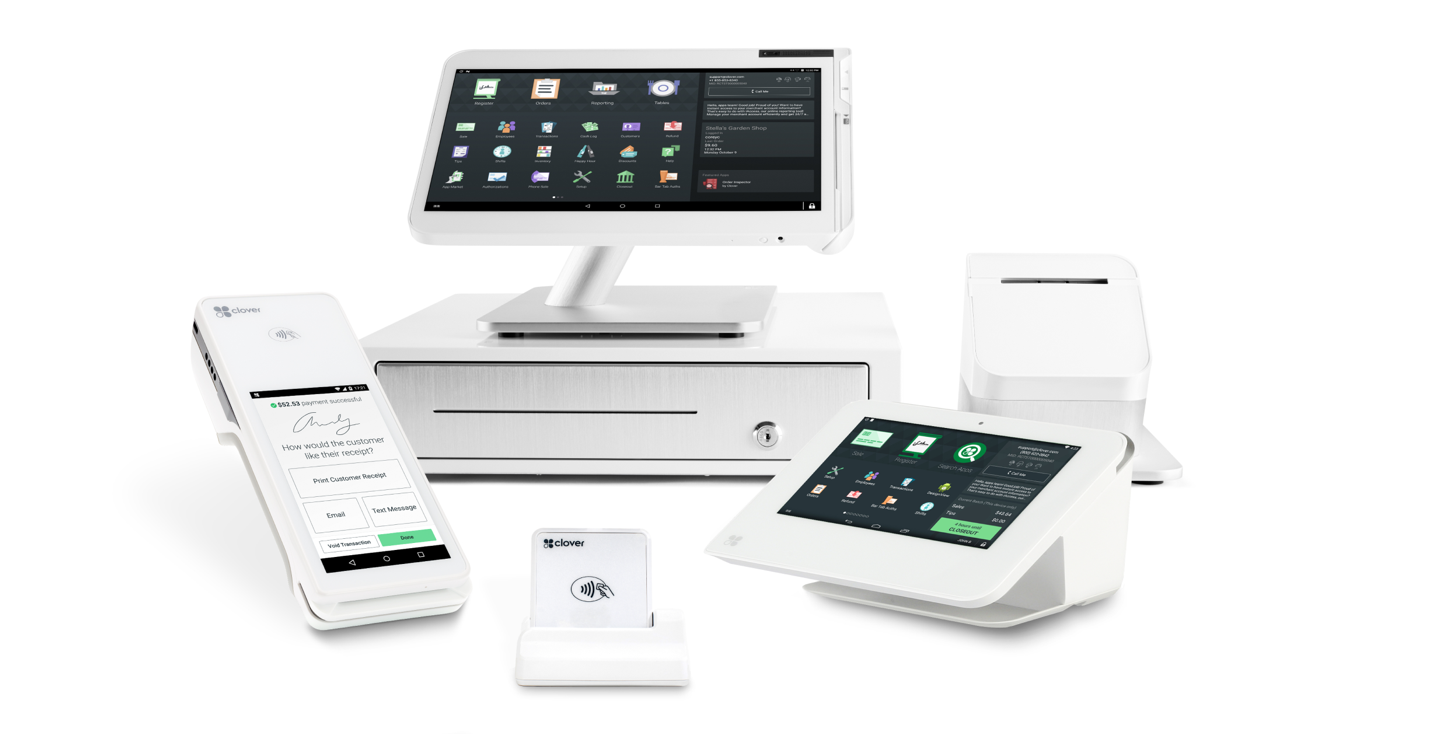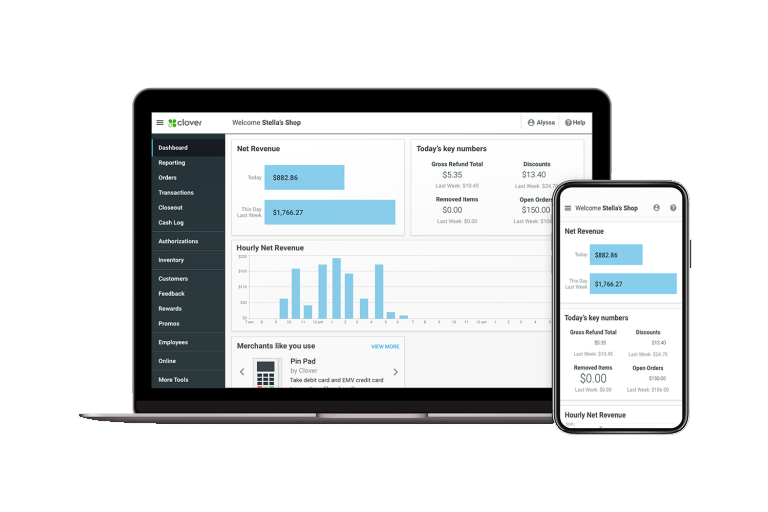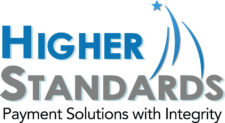Frequently Asked Questions
Industry questions
What is EMV?
EMV stands for Europay, Mastercard, Visa, and is the industry shorthand for what are commonly called “chip cards.” An EMV chip card is a credit or debit card that contains a computer chip on the card to authorize the transactions. EMV transactions are more secure and safer for both the consumer and the merchant.
What is a chargeback?
A chargeback occurs with a merchant’s customer disputes a transaction and the result is a reversal of funds. Chargebacks are a fraud protection device for the consumer, but can lead to surprises to the merchant.
What is contactless payment?
Contactless payment enables a customer to make a payment using near-field communication (NFC) technology and a payment app, such as Apple Pay or Samsung Pay, to make payments from his or her smartphone. The smartphone only has to be near the NFC terminal, not touching it.
What is Level 3 pricing?
Business-to-business (B2B) and business-to-government (B2G) transactions can be charged at one of three interchange rates. The highest rate, Level 1, is charged to most consumer credit cards and corporate cards without sufficient transaction data. Level 2 and Level 3 rates are substantially lower, but are only available for transactions via qualified corporate and government cards with appropriate transaction data entered. Level 3 interchange rates are up to a third lower than corresponding Level 1 rates.
What is the interchange rate?
The interchange rate is the amount of money charged by banks and card brands (American Express, Discover, MasterCard, and Visa). Interchange rates are identical no matter which payment processor you use. The rates do vary, however, between card brands and for different types of cards.
What is PCI compliance?
The Payment Card Industry (PCI) Data Security Standard (DSS) is a set of security standards designed to ensure that all companies that accept, process, store, or transmit credit card information maintain a secure environment. Transactions that meet PCI standards are said to be PCI compliant.
What is a virtual terminal?
A virtual terminal is a computer gateway or interface that provides similar functionality to a physical terminal. Virtual terminals are typically cloud based, which means they can run on any compatible computer, tablet, or smartphone with an Internet connection. Online merchants and B2B companies often use virtual terminals to register transactions.
What is an ACH payment?
ACH stands for Automated Clearing House. The ACH Network facilitates the movement of money from one bank account to another via direct deposits and direct withdrawals. For merchants, an ACH payment is typically a direct transfer from the customer’s bank account to your bank account.
Merchant questions
How do I order supplies for my terminal?
You can order supplies for any Higher Standards-supported terminal or POS system at:
Office phone:
952.736.1700
Fax:
952.736.1701
Email:
hsi@higherstandards.net
When will I receive deposits for my credit transactions?
Deposits generally post to your bank account within 1-3 business days after the transaction is processed, dependent on the day and time the transaction or batch is settled. For transactions settled Monday through Thursday, funding is typically available within 48 hours. For transactions settled on Friday, funds are typically available on the following Monday. For transactions settled over the weekend, funds are typically available on the following Tuesday.
When are processing fees debited from my bank account?
The typical merchant billing cycle runs from the first through the final day of the calendar month. Your merchant statement is generated and fees are debited between the 2nd and the 5th of the following month.
I received notification of a chargeback against a transaction – what do I do?
You receive notification of a chargeback when one of your customers disputes a charge from your business. The notification should include details of the original transaction and steps you can/should take. Please follow these instructions as quickly as possible, as chargebacks are time sensitive. If you dispute a chargeback or have additional questions, please feel free to contact your us at 952.736.1700 or via email at hsi@higherstandards.net.
I ran a transaction and it was declined – what should I do now?
When a transaction is declined it means that the attempted payment was not successful. There are many reasons for this, including a lack of funds in the customer’s account or the customer’s account being over its assigned credit level. When a card is declined, you can try rerunning the transaction in case a mistake was made, but most often the original response is accurate. Since the decline response comes from the bank that issued the card, your customer should contact their issuing bank for more information.



